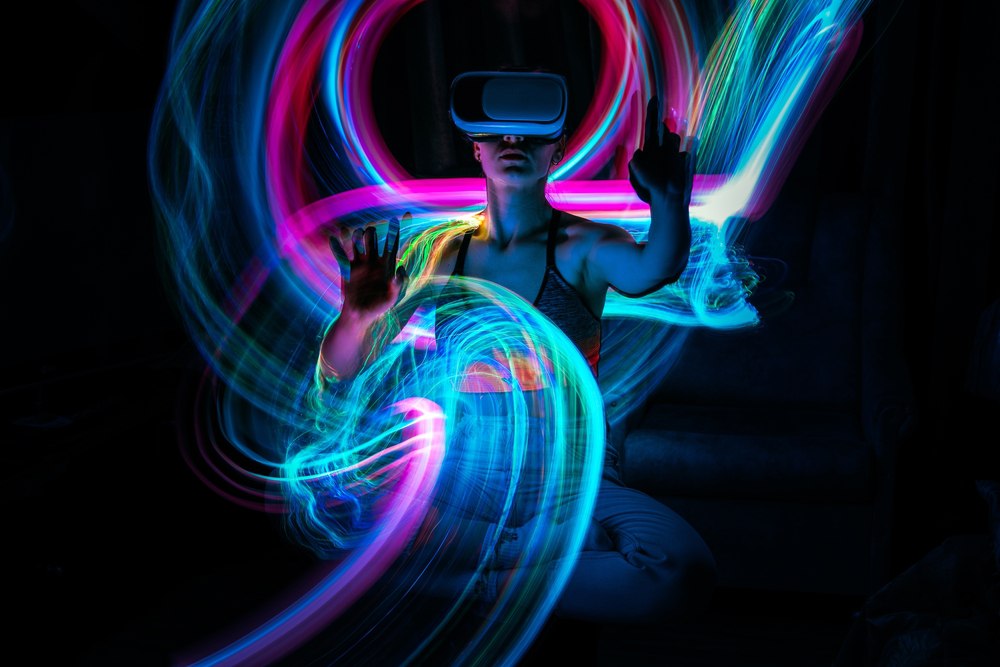
Impact of Decentralization on Gaming and the Virtual World
During the initial stages of the internet’s development, it comprised centralized systems and institutions that controlled data flow on the World Wide Web and how to play out online experience.
With the advancement of internet technology, we have gained the capability to distribute and democratize the web, resulting in several significant benefits. In today’s world, everyone is knowledgeable about concepts such as the metaverse and virtual worlds, democratization, and decentralization of the web and web3.
The metaverse, NFTs creators, blockchains, and dApps are leading this movement by generating novel avenues for us to explore, collaborate, and innovate in previously unattainable ways.
These digital playgrounds attract individuals with similar thoughts to develop the upcoming concepts. Some may consider them part of the decentralization solution. They all collaborate in the mission of decentralizing and democratizing the digital world.
The Essential Factor in Distributing and Democratizing Virtual Worlds
Community members frequently manage governance in decentralized virtual worlds, unlike a centralized entity. The smooth execution is facilitated using a Decentralized Autonomous Organization and a combination of various apps like discord signal and Telegram.
Developers give the players a say in the web community, from rules in games and reward distribution to make web experiences more inclusive and engaging. By granting voting power and reward models, the Decentralized Autonomous Organization governance inspires players to become integral to the growth of the metaverse they engage.
The capacity to generate real-world value from in-game pursuits is another significant feature of decentralization that attracts a massive player base. Players can accumulate digital assets or cryptocurrency by engaging in the in-game economy, and the growth of several play-to-earn mechanics has enabled this.
The possibility exists to establish virtual economies that are fairer and more enduring, where participants receive recognition for their contributions to the community, opening up opportunities for digital merit-based systems.
Additionally, decentralization fosters a sense of long-term engagement among the players and users, motivating them to strive for excellence and take ownership of the game’s triumph.
Visualizing the Decentralized Metaverse
“Luminoria” by Heroes of NFT is poised to redefine the metaverse concept. Heroes of NFT have announced plans to release a whole new metaverse, and they previously had obtained recognition in the NFT world for creating play-to-earn games.
Heroes of NFT stands out from other metaverses because of its futuristic graphics, well-crafted storyline, efficient tokenomics, active community utilizing its DeFi tools, and its unique offering of a concrete democratic plan.
Heroes of NFT was started by a group of childhood friends who decided to bring their love for trading card games to the blockchain, creating a community-based, transparent company that creates projects that mirror similar values.
Places to Find Democratization in the Metaverse
While earning and governance represent the main approaches to decentralization, ensuring gaming engagement, fairness, and inclusivity in gaming is more complex to undertake.
To comprehend what motivates digital experiences and cultivates community among players, developers must delve more deeply into user psychology. This concept can be accomplished by owning assets and avatars.
Players can transfer their assets and avatars across different games and platforms as time progresses, resulting in a more vibrant and interconnected virtual environment.
This advancement will allow players to mold their destinies in genuinely customized ways. This innovation will enable players to shape their destinies more personalized manner.









































